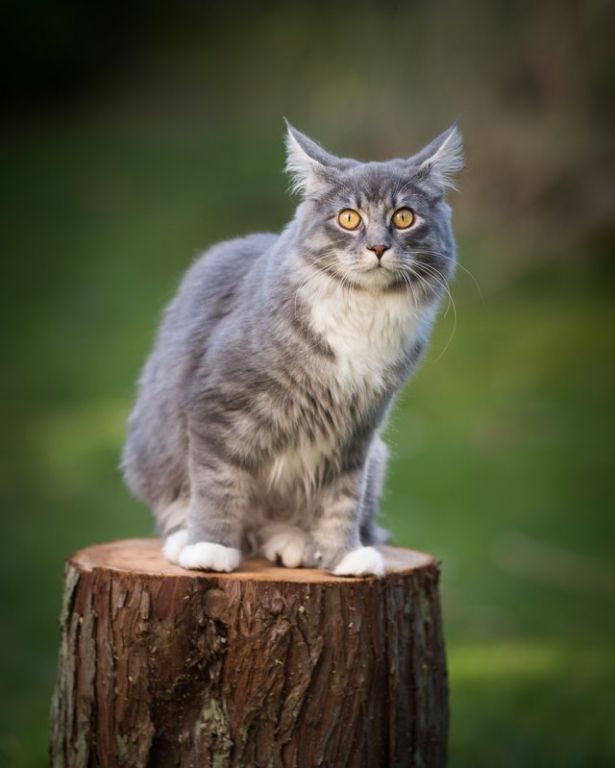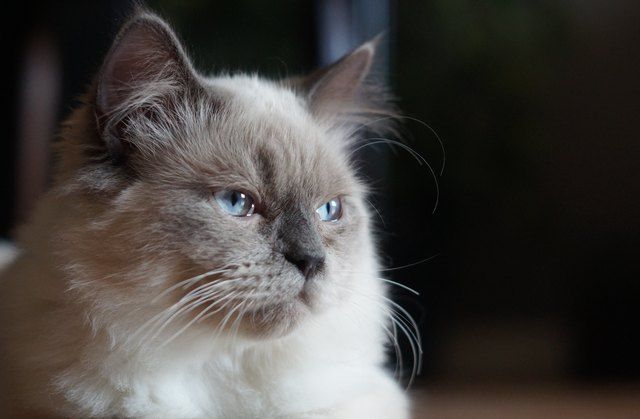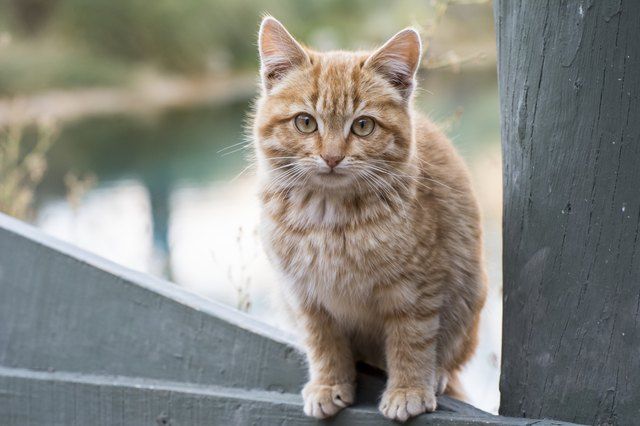What Are the Signs of Dementia in Cats?

The meanest trick the devil ever made was that the lifespan of pets was shorter than that of humans. It's the furthest thing, but it's something we all have to deal with, along with the declining health of our pets as they get older. One of the most common diseases of older cats is dementia.
Feline dementia or cognitive dysfunction
Cats with senile dementia (commonly known as cognitive dysfunction syndrome or CDS) may occur in older cats as their brain ages. This condition affects memory, indulgence, awareness, and learning. Typically, a cat is diagnosed with CDS after the age of 15 years.
Studies have shown that 28 percent of cats between the ages of 11 and 14 have at least one dementia symptom. In cats over 15 years, this number jumps to 50 percent. Now that you know the likelihood, how do you know if your cat is suffering from the disease?
Symptoms of cognitive dysfunction in cats
There are 5 major symptoms your vet should look out for. These include disorientation, changes in interaction, changes in sleep patterns, pollution outside the litter box and changes in activity levels.
Disorientation: Your cat seems confused and has difficulty navigating familiar surroundings. You can see him wandering aimlessly, a general loss of spatial awareness and / or confusion finding the food / water bowls and cat litter box.
Interaction Changes: The social temperament of your cat may change. If he was a friendly cat who liked to be petted and sat in her lap, he can now stay to himself. Or your once introverted cat is now more of a cuddler. The same applies to the interaction with the other pets in the house.
Sleep changes: Your cat may display different sleep patterns. This condition can cause both lethargy and insomnia.
House Pollution: Your cat might start missing the cat litter box or not bother to get into the litter box completely. This can be a symptom of confusion or incontinence.
Activity Changes: Similar to how your cat interacts with you, your cat may not be interested in more normal activities such as feeding, grooming and exploring the house. They can show behavior like restlessness, irritability and anxiety.
Diagnosis and treatment of cognitive dysfunction in cats
Confirm this with your veterinarian, as many of the symptoms of cat dementia can also be symptoms of behavioral problems or illness.
The bad news is that there is no cure for this disease and it is progressing, which means it will worsen over time. But the good news is that there are several treatments that slow down the disease and improve your cat's daily life. These include: enrichment activities, medications and nutrition change.
Enrichment Activities: Giving your cat new toys, exercise, and training can improve your cat's memory and visibility. Of course, avoid extreme changes in your cat's environment or routine, as this can lead to further confusion and disorientation, but a new climbing post could do him some good.
Drugs: Talk to your veterinarian about pyschoactive drugs that can improve your cat's brain function. Anipryl is one of these drugs and is most commonly used to treat dogs with dementia. The American Association of Feline Practitioners supports use in cats diagnosed with dementia by a veterinarian.
Diet: Your vet may make recommendations for foods and supplements that promote brain health. They most likely include the following substances: antioxidants, vitamins C and E, beta-carotene, carnitine, carotenoids, omega-3, flavonoids and selenium. Studies have shown that these ingredients are excellent for cognitive function.
Overall, feline dementia is a mistake, but hopefully it helps to know that you are not alone and you can take action to delay the progression.







No comments: